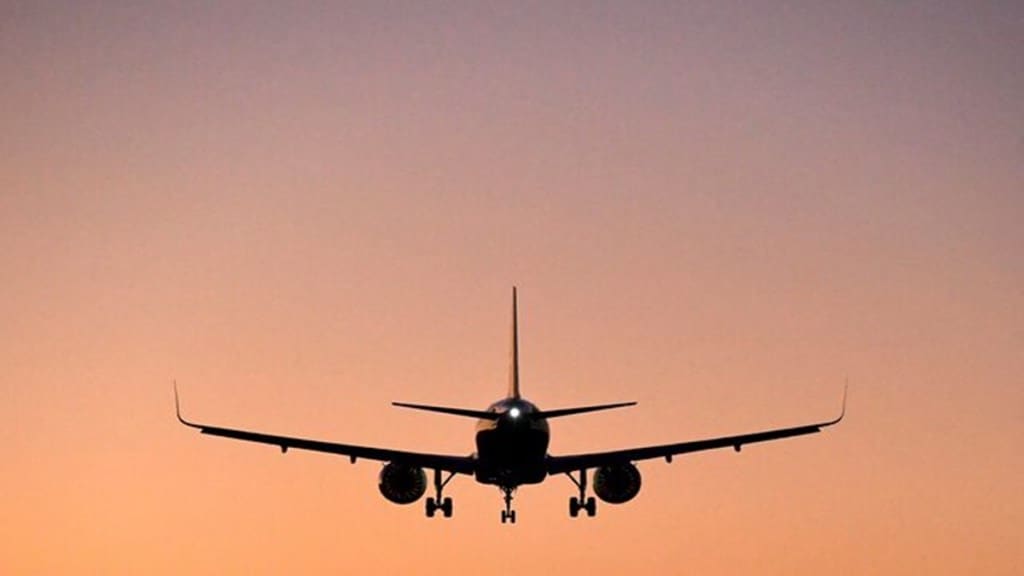India’s airline industry is facing another potential disruption as engines are requiring maintenance earlier than expected, while service centres are struggling to keep up with increasing demand.
Engines used in commercial aircraft are being removed for servicing more frequently than initially planned, according to airline executives. At the same time, global supply chain disruptions continue to slow the availability of critical spare parts and repair slots, creating a backlog that could lead to a rise in grounded aircraft.
The new generation of aircraft engines, while delivering improved fuel efficiency, is proving to be less durable under real-world conditions. As these engines are pushed to operate at higher performance thresholds, the frequency of shop visits has increased, putting pressure on both maintenance infrastructure and airline operations.
“We are removing the engines earlier than decided, thereby putting increased pressure on the number of turnarounds in the shop. Secondly, on top of having to do more turnarounds, you have a shortage of spares. This is the perfect storm hitting the industry,” said Isidro Porqueras Orea, chief operating officer at IndiGo, India’s largest airline, during the recent International Air Transport Association (IATA) meeting.
IndiGo, which operates over 300 aircraft, has been affected significantly by the issue. While the airline did not disclose the exact number of grounded aircraft, Orea said the count had improved to “in the 40s” from a high in the “mid-70s” reported during the September quarter. However, he acknowledged that repair timelines are projected to increase in the coming years.
According to the ministry of civil aviation, the country had 680 operational aircraft as of March 2025. Out of these, approximately 133 aircraft were grounded by the end of the same period, based on estimates from rating agency Icra.
A senior executive from another domestic airline said that service centres are now taking significantly longer to process engines. “You have 70-80 engines in the waiting list to go to the shop. Instead of the typical 70-80 days, it now takes 120 days for a complete jet engine overhaul. There is also a significant cost factor that one has to bear,” the executive said.
GE Aerospace, which powers nearly 90% of India’s commercial aircraft fleet through its own engines and those of its joint venture with Safran, CFM International, is facing mounting pressure. Service slots at GE’s facilities are full, and delays in spare parts deliveries are compounding the issue.
“Our spare parts delinquency continues to increase, unfortunately, up over two times year over year. And our internal shop visit slots are full, with a pipeline of engines which have been removed but not yet inducted into our shops,” said H Lawrence Culp, chairman and CEO of GE Aerospace, during an analyst call.
Between GE Aerospace and CFM International, there are approximately 1,300 to 1,400 engines in operation across Indian carriers, many of which power Airbus A320 and Boeing 737 aircraft. CFM said in a statement to Fe that it remains committed to supporting fleet stability in India, with safety and quality as top priorities.


